Morse code knitting is a component of a larger study that I’m doing on the culture of binary systems across many centuries. One premise of that historical investigation is that the powerful adaptability of binary systems is revealed partly through their diversity.
Elif Şafak Makes a Case for Women’s Rights in the Middle East
presented by Elif Şafak
One of the primary questions, or problems as I see it, is this "illusion" that sameness will bring safety. People start to thinking that if we are surrounded by similar people, like-minded people, if we have communities based on sameness, that will bring us safety. That's an illusion. That's not the case at all. Read more →

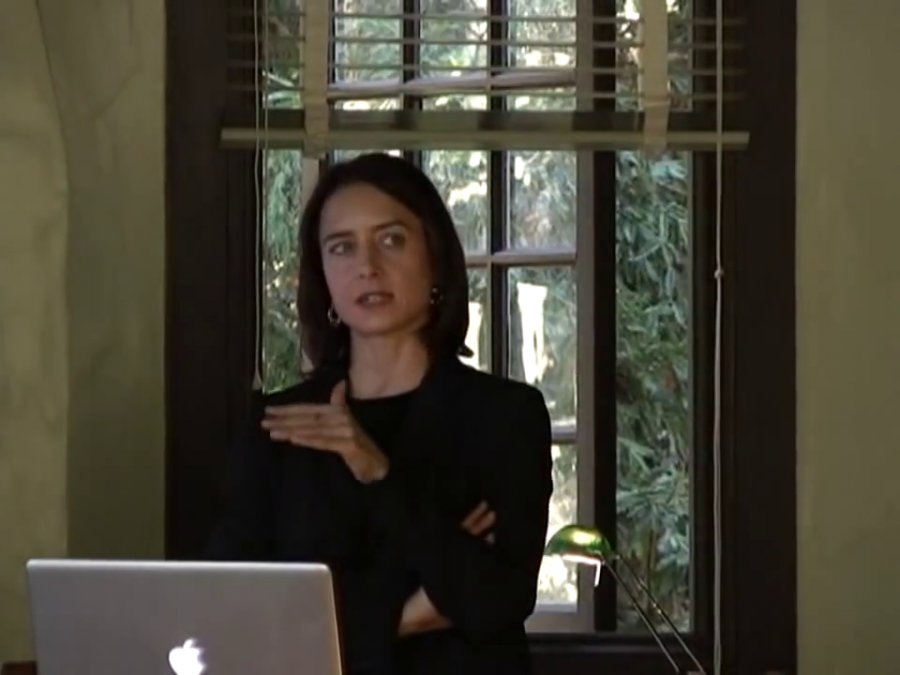
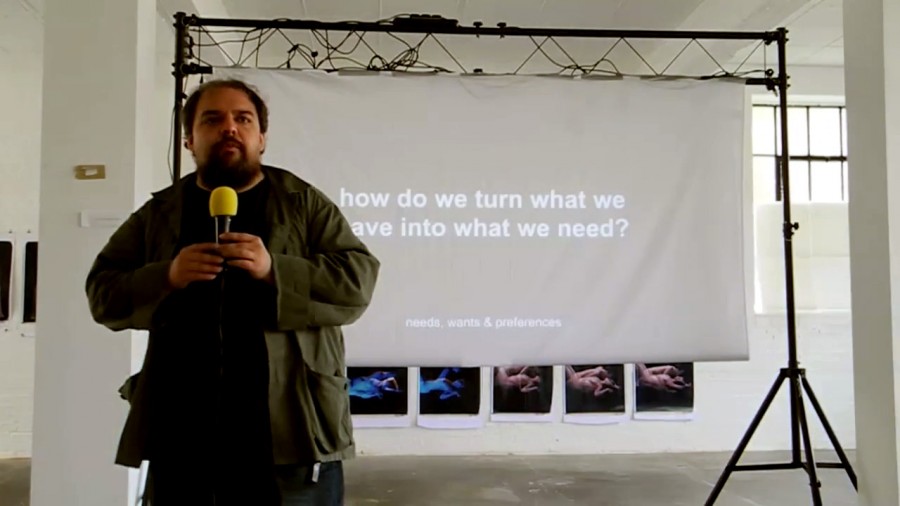
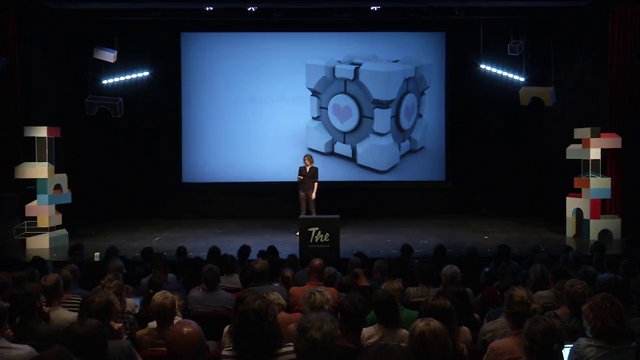

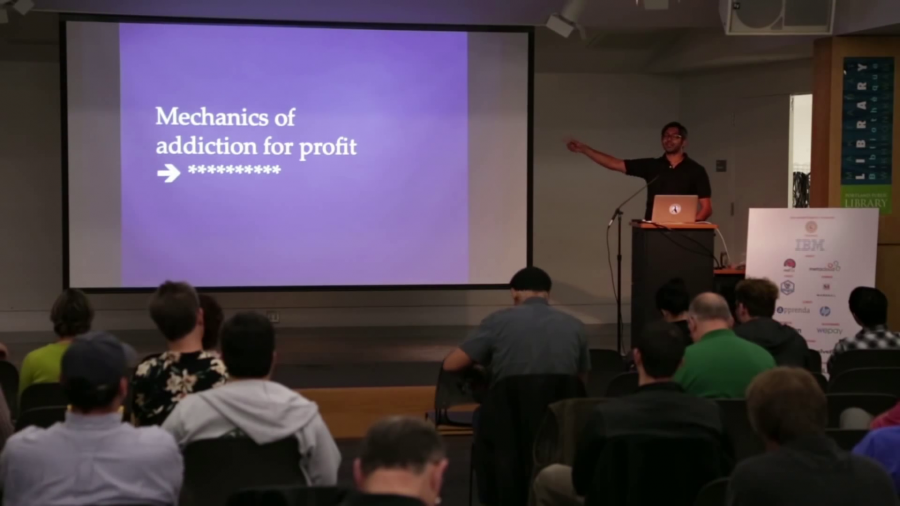
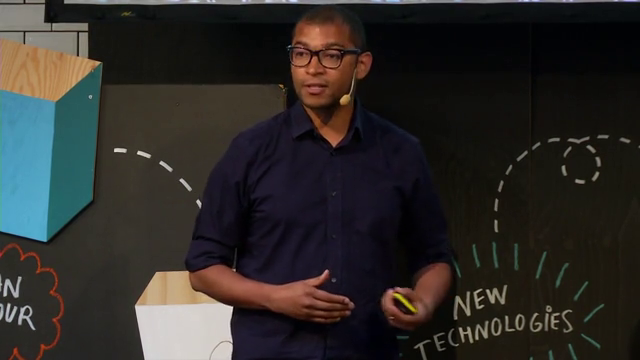
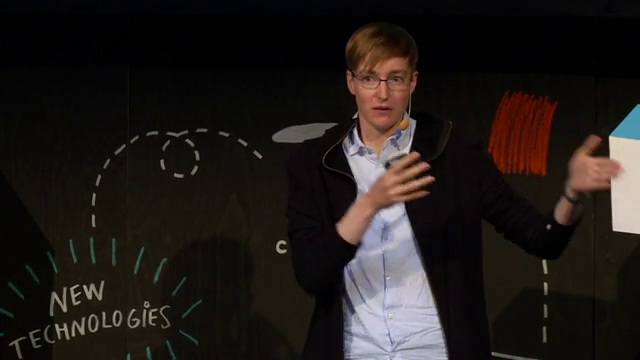
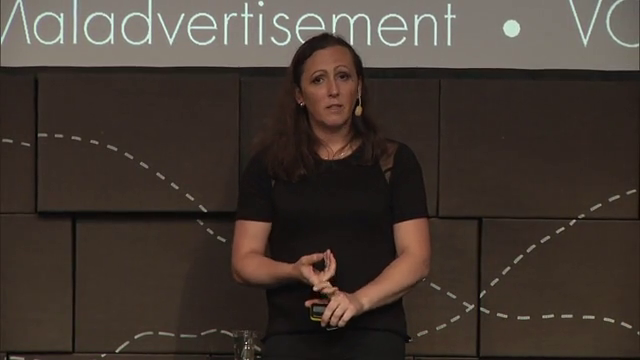
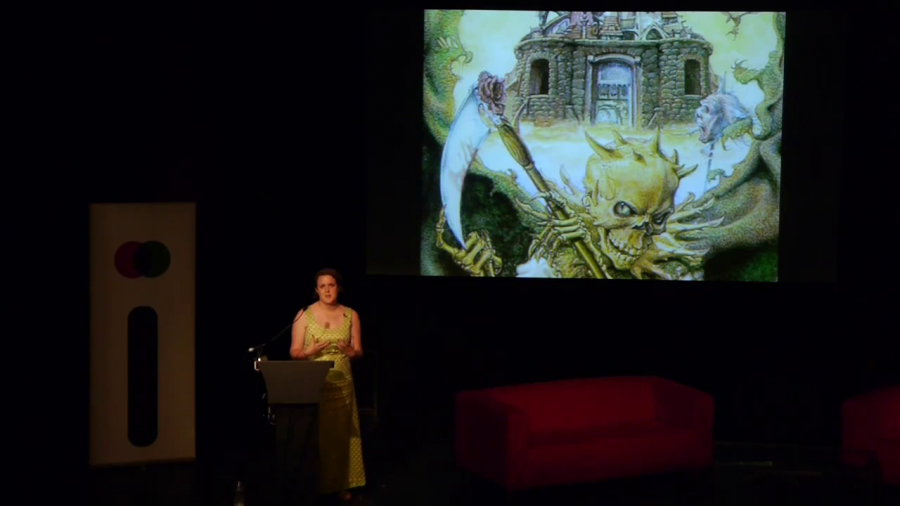

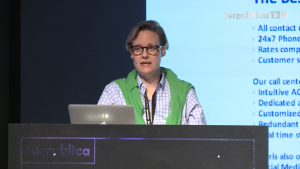



Katherine Cross at The Conference 2015
presented by Katherine Cross
Simply put, anonymity does not cause harassment. It does play a role, but it’s much much more complicated than most people have made it out to be. The reason that this is important to understand is because it’s having a practical impact on the world right now.